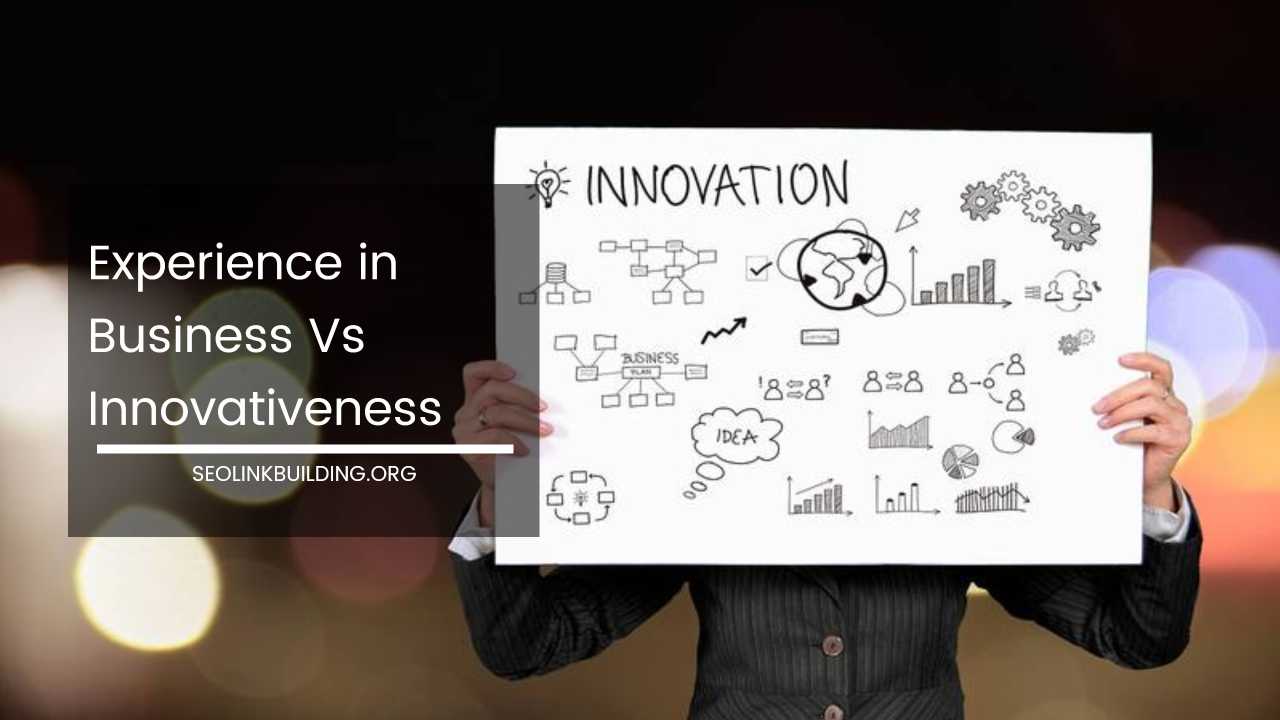The Emotionally Intelligent Leader: The Key to Success

Emotionally Intelligent Leader
The Emotionally Intelligent Leader: The Cornerstone of Modern Business Success
The landscape of modern business is a dynamic one. Gone are the days when pure technical expertise or strategic prowess alone could guarantee success.
Today’s leaders face a complex web of challenges, from navigating technological disruption to fostering innovation within a diverse and ever-evolving workforce.
In this intricate environment, a new leadership paradigm is emerging: emotional intelligence (EQ). EQ is not a replacement for traditional leadership skills; it’s the missing piece that unlocks their full potential. It empowers leaders to understand and manage their own emotions, while simultaneously perceiving and influencing the emotions of others.
Demystifying Emotional Intelligence: A Framework for Leaders
EQ is often described as a constellation of abilities. Daniel Goleman, a pioneer in the field, outlines five core components that form the foundation of emotionally intelligent leadership:
1. Self-Awareness: The Foundation of Effective Leadership
The cornerstone of EQ is self-awareness. This involves having a deep understanding of your own strengths, weaknesses, values, motivations, and emotional triggers. Emotionally intelligent leaders can recognize their emotions as they arise and understand how these emotions might influence their behavior.
Why is Self-Awareness Important?
Imagine a leader who becomes easily frustrated in high-pressure situations. Without self-awareness, this frustration might manifest in outbursts or micromanagement, fostering a climate of fear and hindering team performance. However, a self-aware leader recognizes their emotional triggers and can employ coping mechanisms, such as taking a deep breath or stepping away from the situation momentarily, to respond calmly and effectively.
Developing Self-Awareness:
- Self-reflection: Regularly dedicate time for introspection. Journaling, personality assessments, or simply taking time to reflect on your reactions to situations can provide valuable insights.
- Seek Feedback: Actively solicit feedback from trusted colleagues on your leadership style. This can be through one-on-one conversations, anonymous surveys, or 360-degree feedback programs.
2. Self-Regulation: Mastering Your Emotions
Self-regulation is the ability to manage your emotions effectively. This doesn’t mean suppressing emotions; it’s about expressing them in a constructive way. Emotionally intelligent leaders can control impulses, choose their responses, and remain calm under pressure.
Why is Self-Regulation Important?
Leaders who struggle with self-regulation might react impulsively to criticism or become easily discouraged by setbacks.
This can damage team morale and hinder problem-solving. In contrast, a self-regulated leader can channel frustration into productive action or use setbacks as opportunities for learning and growth.
Strengthening Self-Regulation:
- Mindfulness Practices: Techniques like meditation or deep breathing exercises can help you become more aware of your emotions in the moment and develop a healthier response.
- Develop Coping Mechanisms: Identify strategies to manage difficult emotions, such as taking a walk, talking to a trusted friend, or engaging in a calming activity.
3. Motivation: The Spark that Ignites Success
Emotionally intelligent leaders are intrinsically motivated and driven to achieve their goals. They possess a strong sense of purpose and are passionate about their work. This passion is contagious, inspiring and motivating those around them.
Why is Motivation Important?
Leaders who lack intrinsic motivation might struggle to inspire their teams, leading to a sense of apathy and disengagement. However, a genuinely motivated leader can create a shared vision and empower their team members to contribute their full potential.
Fueling Your Motivation:
- Reconnect with Your “Why”: Take time to reflect on your core values and what truly motivates you. Remind yourself why you embarked on this leadership journey.
- Celebrate Achievements: Acknowledge and celebrate successes, both big and small, to maintain a positive and motivated atmosphere.
4. Empathy: Putting Yourself in Another’s Shoes
Empathy is the ability to understand and share the feelings of others. Emotionally intelligent leaders can see things from their team members’ perspectives, fostering trust and building strong relationships.
Why is Empathy Important?
Leaders who lack empathy might struggle to connect with their team members on a personal level, leading to feelings of isolation and disconnection. In contrast, an empathetic leader can create a safe space where team members feel comfortable sharing ideas, voicing concerns, and taking calculated risks.
Developing Empathy:
- Active Listening: Focus on truly understanding what the other person is saying, both verbally and nonverbally. Give them your full attention and avoid interrupting.
- Perspective-Taking Exercises: Try to see things from the viewpoint of others. This could involve role-playing exercises or simply taking the time to have open conversations with colleagues from diverse backgrounds.
5. Social Skills: The Art of Building Relationships
Social skills are the cornerstone of effective communication and collaboration. Emotionally intelligent leaders excel at building rapport, communicating clearly, and navigating complex social situations with grace.
Why are Social Skills Important?
Leaders with poor social skills might struggle to communicate their vision effectively, delegate tasks appropriately, or resolve conflicts constructively.
This can lead to confusion, frustration, and a breakdown in teamwork. On the other hand, a leader with strong social skills can inspire and motivate others, build trust within the team, and navigate interpersonal challenges with diplomacy.
Enhancing Your Social Skills:
- Effective Communication: Develop your communication skills to ensure clear and concise messages. This involves tailoring your communication style to your audience, actively listening, and providing constructive feedback.
- Conflict Resolution: Learn to navigate disagreements and conflicts in a productive manner. Focus on finding common ground, actively listening to all sides, and fostering solutions that benefit all parties involved.
- Building Rapport: Take time to get to know your team members on a personal level. Show genuine interest in their lives, celebrate their successes, and offer support during challenges.
The Ripple Effect of Emotional Intelligence
The impact of an emotionally intelligent leader on a business can be profound. Here’s how EQ creates a ripple effect of positive change:
- Increased Employee Engagement and Retention: Employees who feel valued, respected, and supported by their leader are more likely to be engaged, productive, and loyal to the company.
- Improved Team Performance: Emotionally intelligent leaders foster a collaborative and supportive work environment, leading to increased innovation, problem-solving, and overall team performance.
- Enhanced Decision-Making: By considering both the emotional and logical aspects of a situation, emotionally intelligent leaders are better equipped to make sound decisions under pressure.
- Positive Work Environment: Strong emotional intelligence cultivates a positive and respectful work environment where employees feel comfortable taking risks, sharing ideas, and voicing concerns.
- Stronger Client Relationships: Empathy and social skills enable leaders to build strong relationships with clients, leading to increased customer satisfaction and loyalty.
Building a Culture of Emotional Intelligence
The benefits of emotional intelligence extend far beyond the individual leader. By fostering a culture of emotional intelligence throughout the organization, businesses can unlock a higher level of performance and create a thriving work environment. Here are some strategies to consider:
- Leadership Development Programs: Invest in training programs that equip leaders at all levels with the tools and techniques to develop their emotional intelligence.
- EQ Assessments: Utilize EQ assessments as part of the recruitment and selection process to identify candidates who possess the necessary emotional intelligence skills.
- Mentorship and Coaching: Create opportunities for mentorship and coaching programs where experienced leaders can guide and support the development of emotional intelligence in others.
- Team-Building Activities: Integrate team-building activities that promote collaboration, communication, and empathy within teams.
- Open Communication: Encourage open and honest communication at all levels of the organization. This allows for the early identification and resolution of issues that might negatively impact team dynamics or employee morale.
Emotional Intelligence: A Journey, Not a Destination
Developing emotional intelligence is an ongoing journey, not a one-time achievement. Through self-reflection, continuous learning, and a commitment to personal growth, leaders can cultivate their EQ and unlock their full potential to inspire, motivate, and lead their teams towards success.
In conclusion, emotional intelligence is no longer a luxury; it’s a necessity for leaders in today’s complex and dynamic business landscape.
By embracing the power of EQ and fostering a culture of emotional intelligence within their organizations, leaders can build stronger teams, make sounder decisions, and navigate the ever-changing business landscape with resilience and success.













